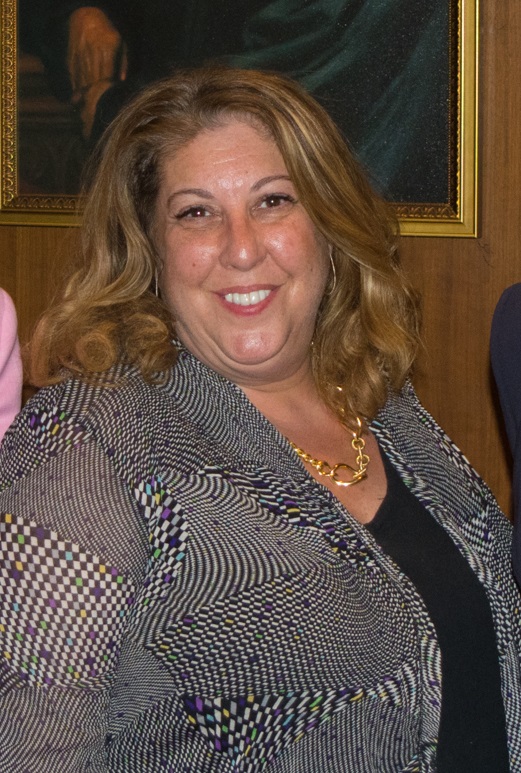Former BBA President Aimee Richter is running in the Saugerties Town justice race

With the race for the Saugerties town justice heating up, candidate Aimee Richter is prioritizing empathy, experience, and practical wisdom in her campaign. She is vying for the Working Families line against the incumbent, Stanley O’Dell.
Richter, a seasoned attorney who has spent nearly 30 years specializing in family law, graduated from SUNY Albany with a major in Psychology, and later earned her Law degree from Brooklyn Law School. Her previous roles include serving as the president of the Brooklyn Bar Association and a member of the New York State Bar Association Executive Committee.
In a field that often prioritizes strict interpretations of the law, Richter believes her empathy is an asset. She explained, “It’s a good area to practice in if you have empathy for people.” As an attorney, she has had to tread the line between the letter of the law and empathetic judgment – an experience she deems invaluable for judges.